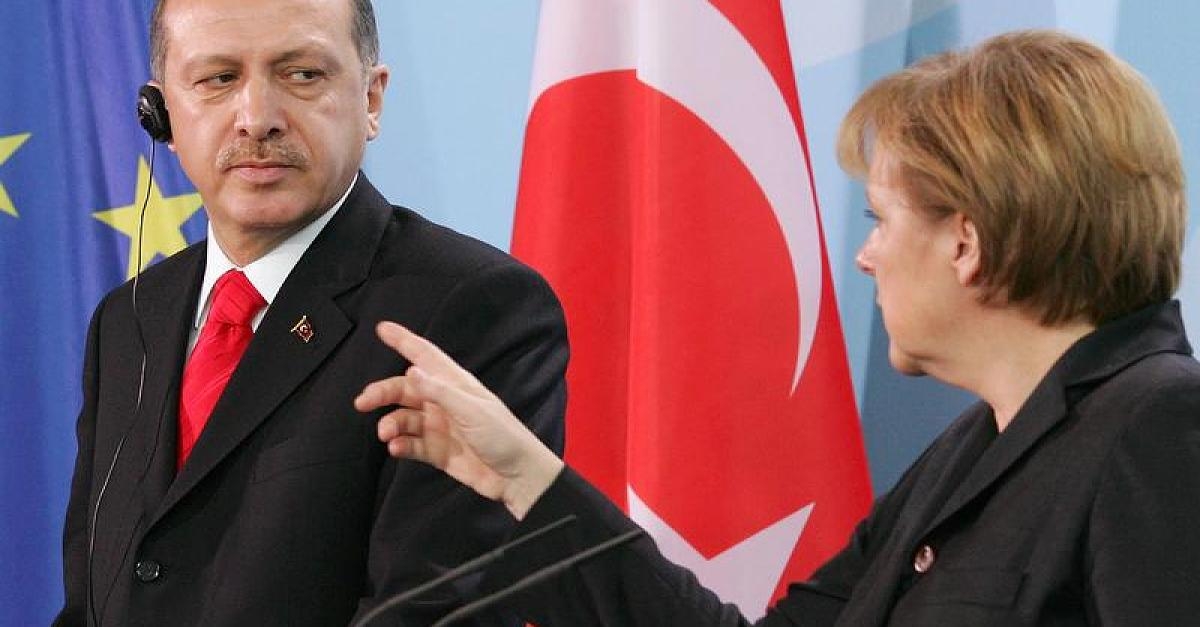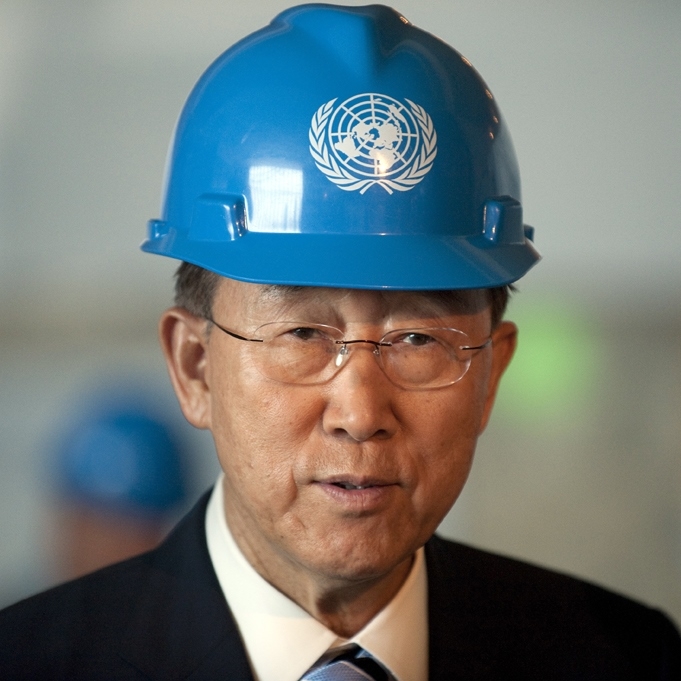Events and news
The "war of words" between Germany and Turkey
Recently, Turkish President Recep Tayyip Erdogan has accused Germany of using “nazi practices”. The statement of the Turkish leader was made against the backdrop of a diplomatic dispute between Ankara and Berlin. German authorities have banned performances of Turkish officials at the events in Germany, where the ministers had to agitate for constitutional reform. Instead, the Turkish authorities are interested in supporting by approximately 1.3 million Turks who will have voting rights in the referendum on April 16. Now the relations between Germany and Turkey are called “war of words”. This characteristic very realistically describes a peak situation that was a few days ago. The starting point of aggravation of these relations was “incomplete revolution” held in Turkey in summer. Then, literally in the middle of February in Turkey the journalist was detained who works for the German Die Welt newspaper. The journalist, who is still imprisoned, was accused of terrorism. Why did Erdogan state that Germany is using Nazi tactics? The whole essence of this conflict is that the referendum on constitutional amendments is approaching in Turkey which should strengthen the presidency of Erdogan. It is clear that campaign for plebiscite preparation is taking place now. German local authorities have canceled activities within that campaign, relying on safety reasons. Erdogan used the situation immediately and began to accuse Germany that it inhibits freedom of speech and the rights that were, of course, Erdogan's obvious manipulation. The canceling of demonstrations in Germany was the beginning of diplomatic ping-pong between the two countries. Erdogan's statements are very politically motivated. His ruling party should send maximum efforts to mobilize electors to support constitutional changes. It should be understood that many Turks are living in Germany who can vote in the referendum - there are 1.3 million people. Why does the referendum cause such concerns in particular in Germany and the EU? That`s why because Erdogan wants to bring to completion the “sultanization” of his country, turning on parliamentary republic to fully presidential. These changes increase powers of the President and decrease powers of the Prime Minister and the Vice President position is introduced. The critics of such measures say that such changes are absolutely negating any system of political balance. A very good method of activating of his electorate is to portray his enemies, real or imaginary. It works. Erdogan also likes to blackmail. Through migration agreement the EU is highly dependent on Turkey and the Turkish president uses it. If the referendum held by the necessary scenario for Erdogan, it will have a serious impact on the relationship with the EU countries. One can recall that before the intention to hold the referendum and the military incomplete revolution the EU has frozen entry into force Turkey`s membership to EU. If the referendum is held according to plan, the EU will review its relations with Erdogan and Turkey. Erdogan, of course, couldn`t foresee such a development. We must pay tribute to Erdogan: he was able to conclude an agreement with the EU and thus put it in dependence. Now he feels fine, by which and what to pick up the EU. Most likely, all this intense rhetoric will go into decline and will calm down after April 16, when a referendum will be held. Germany and Turkey are very interconnected countries and their relationship should be adjusted. It can be shown now by Merkel`s reaction to Erdogan's statements. German Chancellor showed her balanced position, noting the unacceptability of such statements, but she gave a hint that Germany will work on relationship consolation. Erdogan, in turn, sees his country a leader and dominant in the region, so he will still try to make Turkey the EU member. ...


